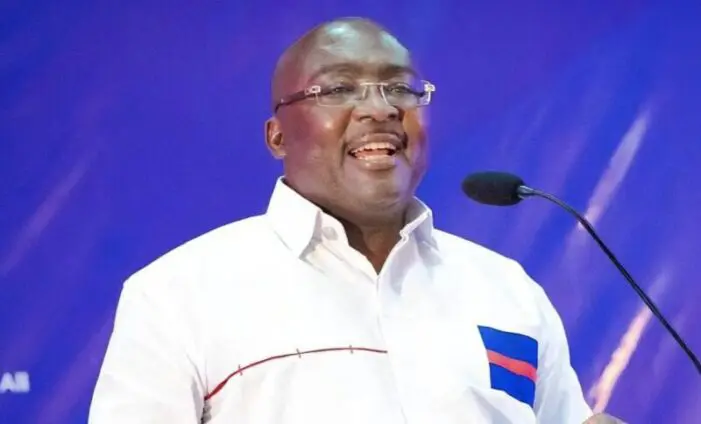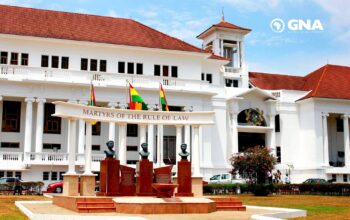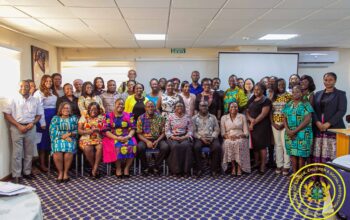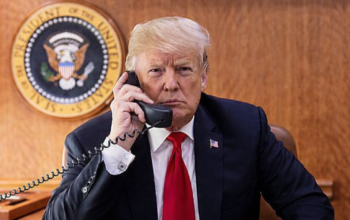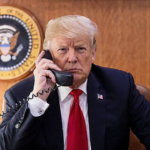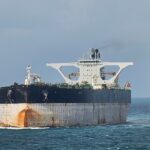Vice President Dr Mahamudu Bawumia’s statement that former President John Dramani Mahama has the “worst economic performance of all Presidents in the Fourth Republic” is a highly significant and politically charged remark in Ghanaian politics. This statement directly targets Mahama’s time in office, particularly his second term, and compares it to the performance of other presidents since Ghana’s return to democratic rule in 1992.
The Fourth Republic of Ghana, which began with the 1992 Constitution, has seen several administrations from different political parties. These include:
- Jerry John Rawlings (1992–2000) — Ghana’s first president under the Fourth Republic, representing the National Democratic Congress (NDC).
- John Agyekum Kufuor (2001–2009) — From the New Patriotic Party (NPP).
- John Dramani Mahama (2012–2016) — Also from the NDC, who succeeded the late President Mills.
- Nana Addo Dankwa Akufo-Addo (2017–present) — From the NPP, the current president.
Dr Bawumia’s claim appears to be a direct critique of the economic performance during Mahama’s second term, especially in light of the current economic challenges under President Akufo-Addo, who has faced significant economic difficulties, particularly after the onset of the COVID-19 pandemic.
Bawumia’s statement likely stems from several factors, including:
During Mahama’s presidency, Ghana faced a series of economic challenges, including a slowdown in growth after the oil boom. The economy was affected by high inflation, a significant budget deficit, and public debt.
Mahama’s second term was marred by an energy crisis (“dumsor”) which led to frequent power outages, severely affecting industries and daily life. This was one of the most significant issues that dominated his presidency. By the end of Mahama’s tenure, Ghana’s public debt had reached alarming levels, pushing the country into a debt crisis. This was a key point in Bawumia’s criticism, as Mahama’s administration had faced challenges in managing fiscal discipline.
Mahama had to resort to an International Monetary Fund (IMF) bailout program in 2015 to address the fiscal challenges, signalling a deepening economic crisis under his leadership. Rawlings, who ruled from 1992 to 2000, is often remembered for his economic reforms in the 1990s, which included liberalization policies and privatization, alongside an economic boom linked to the emerging oil and gold sectors. Kufuor’s tenure is often seen as a period of economic stability and growth, particularly after Ghana discovered oil in commercial quantities in the early 2000s. His government also set the stage for significant infrastructure development, although it was not without its challenges. Despite facing a severe economic downturn during his first term, especially due to the pandemic, Akufo-Addo’s administration has received credit for significant infrastructure projects and programs like the Free Senior High School (SHS) policy. However, the country has struggled with rising inflation, debt, and economic instability in recent times. Bawumia’s statement implies that Mahama’s handling of the economy was the least effective among all Fourth Republic presidents, especially given the heavy reliance on external loans and financial bailouts during his administration. Bawumia, as a leading figure in the New Patriotic Party (NPP), is attacking Mahama’s record in a highly partisan context. The NPP’s narrative in recent years has been focused on the economic challenges faced by the country during Mahama’s presidency, using it as a benchmark to highlight the shortcomings of the NDC’s economic policies. The NDC, for its part, would likely defend Mahama’s economic performance, citing achievements in infrastructure, social welfare programs, and the global economic context in which his government operated. The NDC would also argue that Mahama’s second term was severely affected by the global downturn and commodity price volatility, which constrained his ability to manage the economy effectively. Bawumia’s statement can also be seen to contrast Mahama’s economic record with that of the current NPP administration under President Akufo-Addo. Despite Ghana’s economic struggles during Akufo-Addo’s presidency, Bawumia is likely positioning the NPP as the better party to handle economic issues moving forward, hoping to distinguish the NPP’s approach and the challenges faced under Mahama. The 2024 election cycle is drawing closer, and both the NPP and NDC are positioning themselves for what is expected to be a tight race. Bawumia’s remarks are likely part of a broader effort to weaken Mahama’s standing in the eyes of the electorate by focusing on his perceived economic failures. This could play into the broader narrative of who has the best ability to manage Ghana’s economy going forward.
Bawumia’s characterization of Mahama’s economic performance as the “worst” in the Fourth Republic is a pointed critique, reflecting the political and economic tensions that have long existed between the NPP and NDC. It highlights the ongoing battle over economic management as both parties seek to assert their dominance in the lead-up to the 2024 general elections.
While Bawumia’s statement is undoubtedly politically motivated, it raises important questions about Ghana’s economic trajectory, the effectiveness of past economic policies, and the challenges that continue to face the country, especially with rising debt levels, inflation, and other economic pressures. Whether or not Bawumia’s criticism resonates with the public will likely depend on how Ghanaians perceive the comparative performance of past and present administrations in managing the country’s economy.
